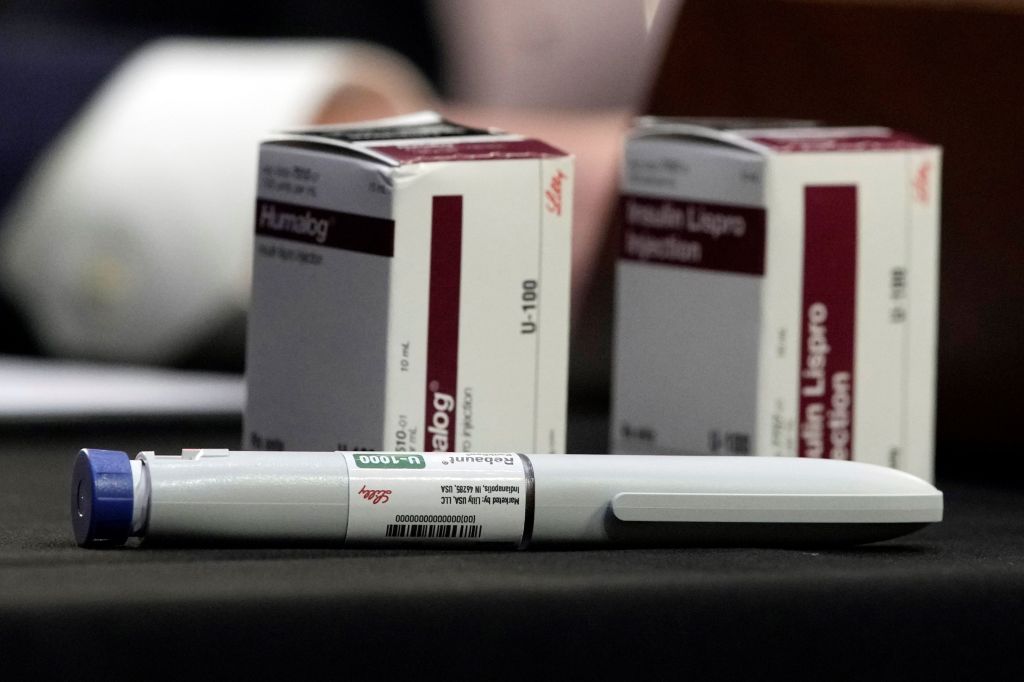
As a registered nurse working at the bedside, a crucial issue I have experienced are clients with diabetes not adhering to their insulin regimen due to increased cost. There has been an enormous uptick of clients who are admitted to the hospital with diabetic ketoacidosis, a state in which the body produces an overload of ketones in the blood due to lack of appropriate insulin utilization. This is a serious complication from uncontrolled diabetes, and is inherently life-threatening.
The prevalence of diabetes is astonishing. In 2019, approximately 11% of the American population was diagnosed with this disease. These numbers are projected to increase at a monumental rate, making diabetes one of the most universal diseases within our population.
A large amount of people have inadequate health insurance, and with the cost of insulin rising, affordability of this medication is problematic. Insulin is a fundamental medication, and its actions decrease the body’s blood sugar levels in order to avoid the poor health outcomes of heart disease, nerve damage, stroke, limb amputations, diabetic retinopathy, and kidney disease. Cost-effective prescription medications are crucial for the effective treatment of this chronic disease. Diabetes is listed under the top ten causes of death in this country, making this healthcare policy issue one that should be reviewed urgently. Heightened out-of-pocket costs for insulin directly correspond with client non-adherence, poor health outcomes, reduced quality of life and decreased life expectancy.
For Americans today, affordable access to insulin is essential for the betterment of our nation’s health. What is imperative, from a policy standpoint, would be to expand Medicare eligibility nationwide, collaborate with insulin manufacturers to negotiate lower prices, place restrictions on imminent increases in insulin price, and cap monthly out-of-pocket insulin costs. These potential solutions will inherently increase the quality of care for people with diabetes, as insulin affordability has a major effect on the American population.
Brianna Knight, BSN, RN is a registered nurse in Massachusetts
